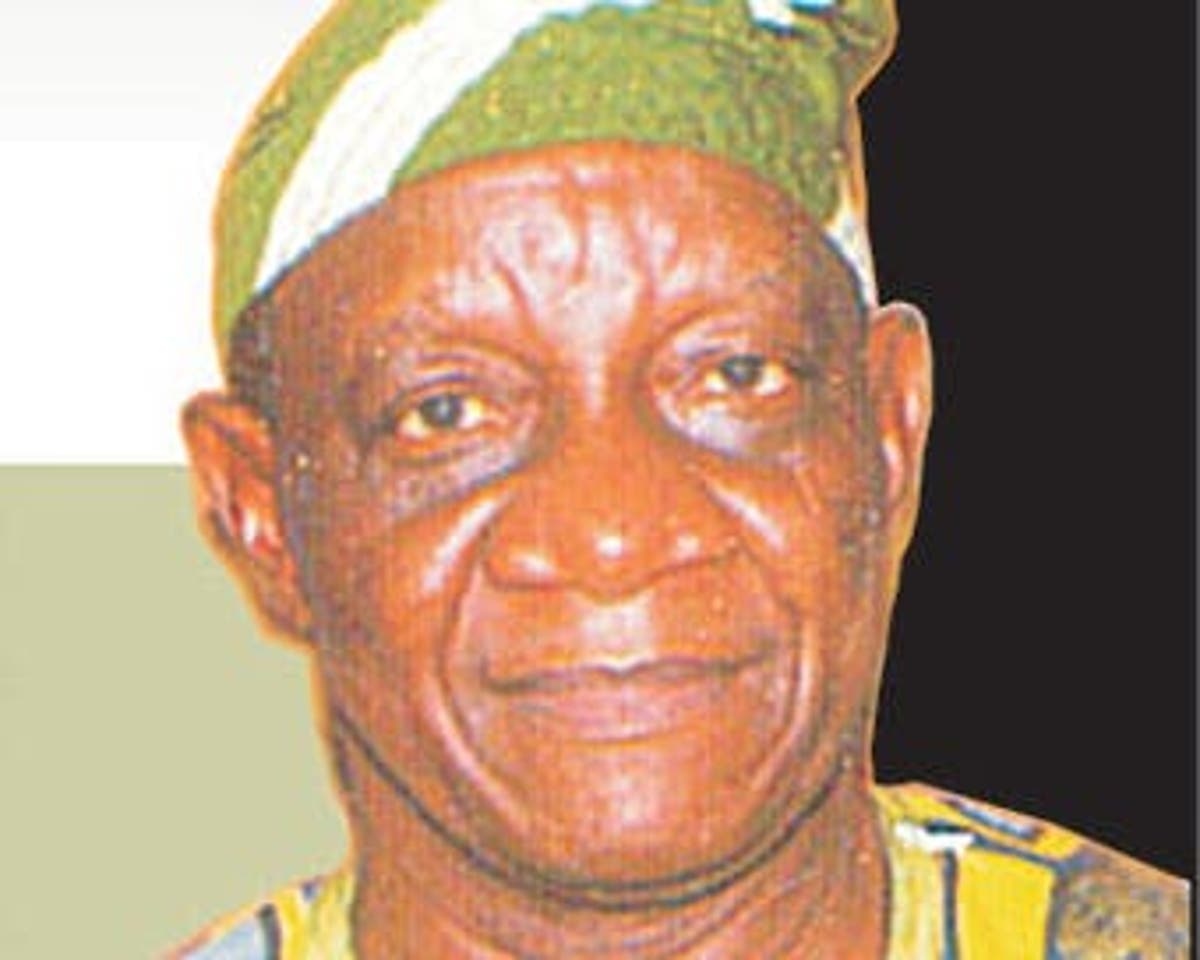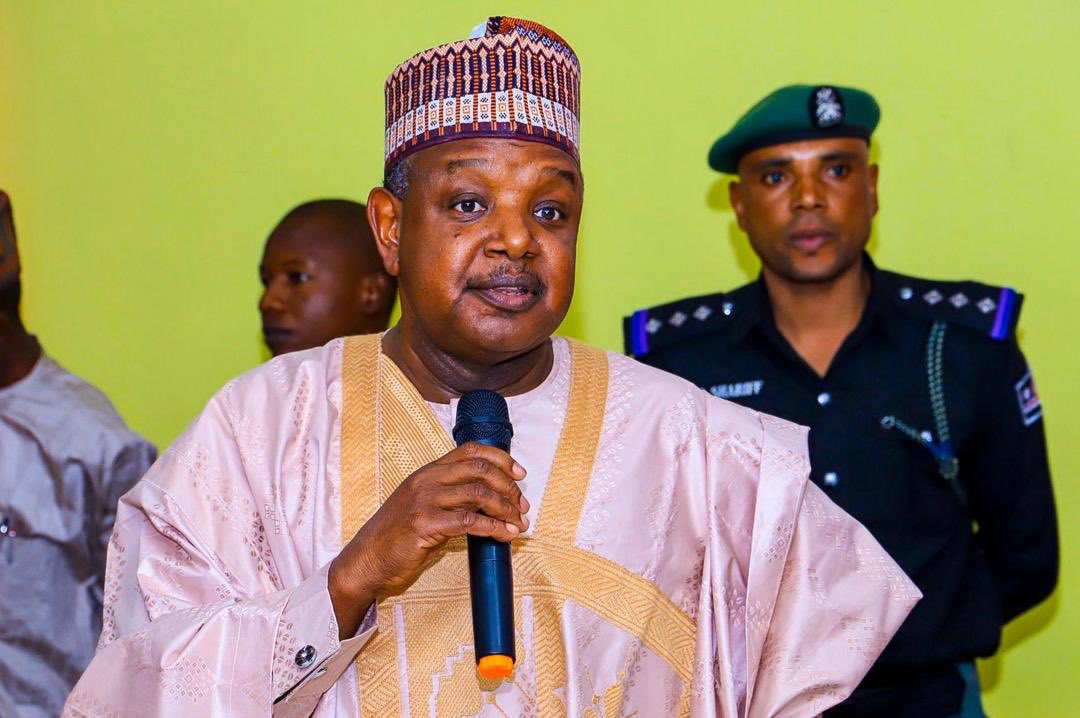Dele Sobowale
“I know of no method to secure the repeal of bad or obnoxious laws so effective as their stringent execution.” Ulysses S Grant, 1822-1885, 18th US President.
VANGUARD BOOK OF QUOTATIONS, VBQ p 122.
Grant was an American Civil War General who defeated the Confederate army before being elected. His victory was made possible by thousands of black soldiers who proved more courageous in battle than their white counter-parts. He was full of gratitude for the black people. He appointed quite a few to high office after he was elected President of the re-United States of America.
But, he did more than that. As President, he inherited a lot of discriminatory laws passed by white people against black Americans. But, most of the laws were so badly drafted they could be used to prosecute anyone. To get them repealed, Grant proceeded to enforce them to the letter by having whites prosecuted for breaking them. Very soon, most of the bad laws were repealed. I learnt this lesson in 1967 while writing a term paper on Radical American Presidents in my third year in the university in America. And Grant entered my collection of quotations.
Unlike most Southerners and people in some states of the North, I have no objection to the plan hatched by President Buhari and the Attorney General of the Federation, AGF, Mr Abubakar Malami, to createnational grazing routes for herdsmen and their flock. I welcome it whole-heartedly. It is my strong belief that most of those opposed to this laudable scheme – including Southern Governors and Governor Ortom of Benue state — are talking out of ignorance.
It is understandable why Southern states governors have not had the time to study this scheme dispassionately. Pensioners being owed several years gratuities, current staff demanding for salaries and arrears of entitlements, rising insecurity and ruinous floods everywhere constitute a handful of problems with which all Nigerian governors have to deal.
Most are not even aware that the recurrent floods evidence permanent global climate change. Consequently, the damages suffered this year will most probably be repeated next year; and the year after; ad infinitum – unless we develop national, states and local government approaches for dealing with the problem.
Money is becoming a great obstacle to governance everywhere. The noise about the Value Added Tax, VAT, is not about the principle of true federalism. It is a matter of survival of the fittest. Most states are on the verge of collapse; those which hope to benefit from direct VAT collection, without saying so openly, don’t give a damn if the others crumble. It is a “beggar your neighbour” policy. That too is understandable. In late 2015, after the Buhari government launched what Vice President Osinbajo described as the biggest budget increase in history, he also added that the three tiers of government will need to share at least N720 billion per month to survive. For August 2021, all the governments had only N692 billion to share.
Meanwhile, prices of goods and services have risen by over 100 per cent in the six years in between. States are broke.
Consequently, I didn’t expect Governors to have time to think outside the box and discover the advantages in open grazing and the creation of grazing routes as proposed by Buhari. We, at the UniJankara, have taken a dispassionate look at the proposal. We have undertaken a Strength, Weakness, Opportunities and Threats, SWOT, analysis. And, we have come to the conclusion that Buhari and Malami are mostly right.
There should be grazing routes and open grazing nationwide; subject to one amendment. The grazing routes should be open to all flock of animals – cows, rams, goats, camels, monkeys, donkeys and pigs. They should all have equal rights to invade farms, university campuses, schools, highways churches and mosques. Occasionally, they can block the entrance to a Local Government headquarters or state secretariat. The police should turn blind eyes, as they now do, when the destruction of properties take place.
But, my focus is on pigs. The pig herdsmen should also enjoy the impunity of carrying AK-47 assault rifles; and if possible, bazookas. They should be able to roam all over Nigeria – including Daura, Katsina State – unimpeded. Believe me, Nigeria will in less than ten years, have the largest pig herd in the world. We will reverse the trend towards increasing malnutrition; the cost of food items will gradually come down. In time, we might even feed better than the Americans – in Nigeria. Southern Governors and Mr Ortom, whose people love pigs, should re-consider their opposition to grazing routes. I have been promised about one thousand pigs by the operator of a hog farm in the US – if the idea is accepted. There is no reason why Buhari and Malami should object. After all, what is good for cattle; should also be good for pigs.
Osinbajo is APC’s second option; PDP has none – 2
“A living dog is better than a dead lion.” Chinese proverb, VBQ p 42.
The first part of this series ended with speculations about Asiwaju Bola Tinubu’s health and how it will influence Osinbajo’s chances of emerging as APC Presidential candidate for 2023. It needs to be repeated that, as far as I am concerned Tinubu is in good condition and only needs “his batteries recharged” for the great contest ahead. He has no intention of collapsing on the podium like late Umaru Yar’Adua only to receive a ridiculous call broadcast worldwide. “Umaru, are you dead?” Tinubu will tell us if he is incapable of running for office and performing well – if elected.
However, in order to keep all viable options open, we must be prepared for the possibility. Tinubu should also remember the words of US President Woodrow Wilson, 1856-1924, who as far back as the first World War, WWI, had advised nations to select their leaders from among physically fit individuals. After pointing to the enormous pressure of work, he concluded that “it is unlikely that those who are not fit can survive”.
Five Nigerian leaders have died in office – Tafawa Balewa, Aguyi Ironsi, Murtala Mohammed, Sani Abacha and Yar’Adua. The first three were assassinated; the last two on account of terminal illness hidden from Nigerians. Buhari after his first medical trip abroad, returned and announced that “I have never been so sick in my life”. There are a few lessons for all of us in that statement and what followed. Buhari has since the first medical trip made several to London at great expense to Nigeria. The trips have exposed him as a hypocrite – given his criticism of his predecessors. Nigeria does not need another basket case as President.
“A week is a long time in politics”. Harold Wilson, British Prime Minister.
So, although Asiwaju is still a private citizen, unlike Abacha and Yar’Adua, and he is under no obligations to disclose to Nigerians his health status, patriotism and a deep sense of patriotism would dictate that he should be very honest with himself first. The modern President is on duty 24/7, 365 days in the year. Sometimes, two or three major crises might be calling for attention. He must have the stamina to cope with all these. In the 1970s, a week was a long time in politics. In the Age of Internet, an hour increasingly appears like eternity. Nations need leaders who are as fit as Olympic athletes. Money is important; political machines are vital. But, if the leader does not intend to be carried out, feet first, of the Presidency, he must be extremely healthy. Asiwaju should also be honest with Nigerians.
And, if there is any doubt about his fitness to carry the awful load of office, it will be mightily honourable of him if he supports Osinbajo.
Unfortunately, that will not assure the VP of ultimate victory. There is still an elephant in the room standing in the way of final success.
To be continued…


